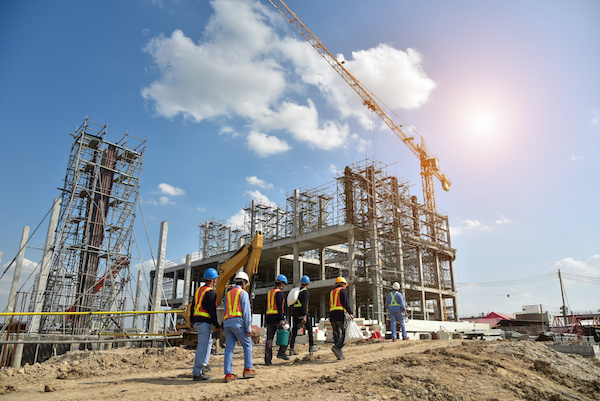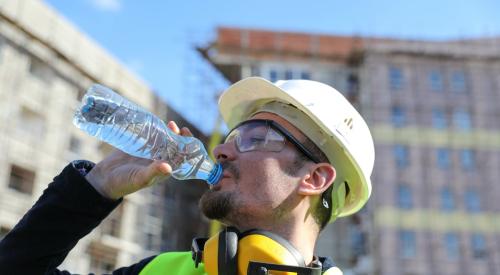A new study suggests construction workers take part in several behaviors that contribute to health risks, more so than any other industry, according to Construction Dive. The survey, conducted by the National Institute for Occupational Safety and Health, found six health risk behaviors highly prevalent in the construction industry. The identified behaviors are smoking, using smokeless tobacco, binge drinking, receiving less than seven hours of sleep a day, no leisure-time physical activity, and not always wearing a seatbelt. Several occupations were included in the conclusion, such as laborers, project managers, those in construction trades, and contractors.
Due to the high prevalence of some health risk behaviors, the researchers emphasized that construction workers may benefit from targeted interventions and health programs specific to their particular occupation to reduce these behaviors, particularly since they are also potentially exposed to workplace-specific hazards.
Employee assistance programs can benefit construction workers by helping to address some of the stressors on the job, said Stuart Binstock, CEO of the Construction Financial Management Association (CFMA), which runs the Construction Industry Alliance for Suicide Prevention task force. He said he is not surprised that risky health-related behaviors are prevalent in construction workers.












